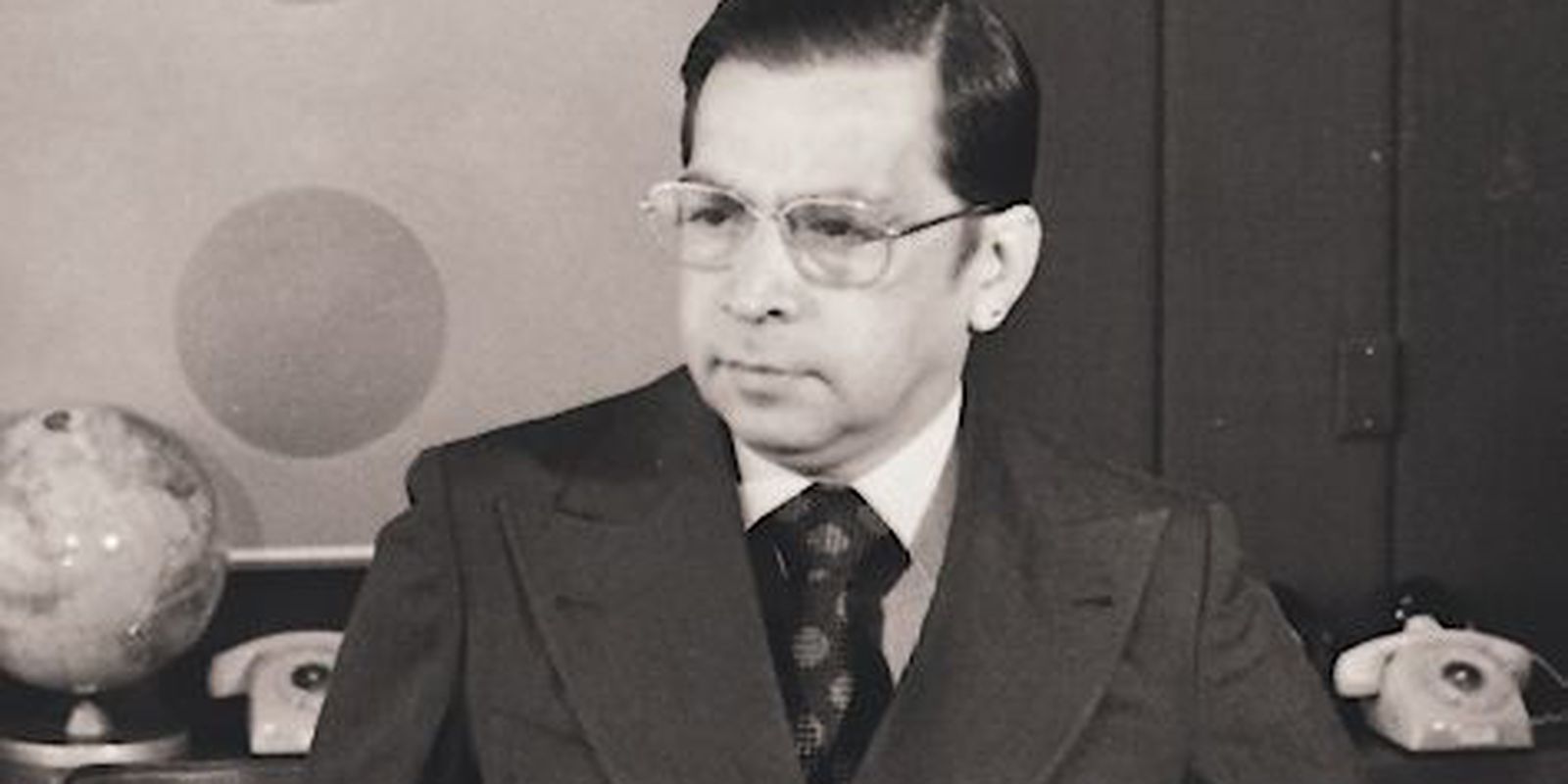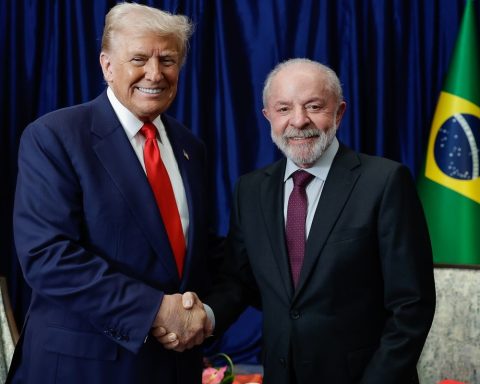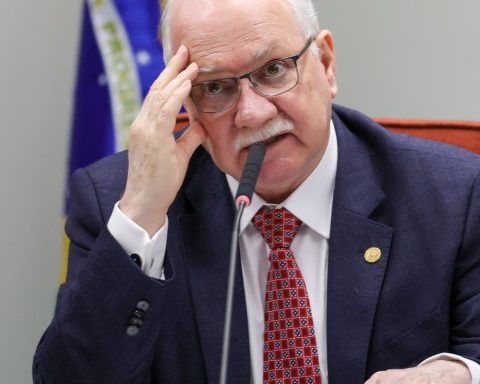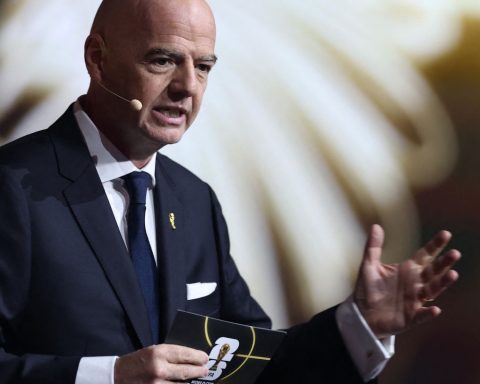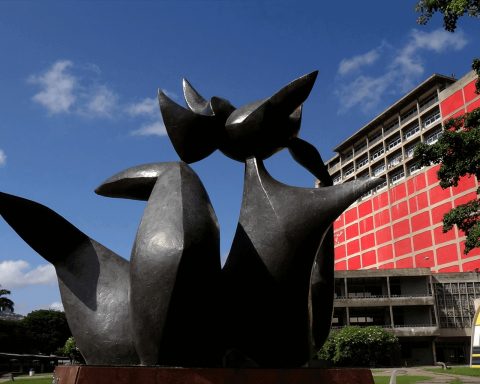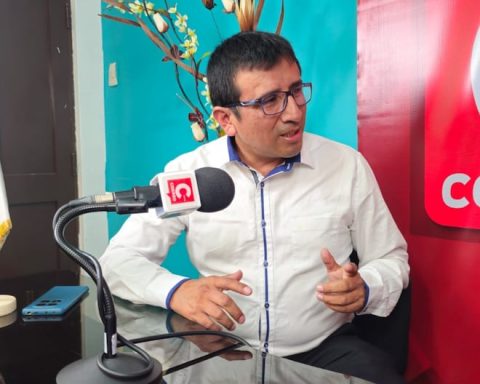At the age of 93, former minister of the Federal Supreme Court and former president of the Chamber of Deputies Célio Borja died today (28), in Rio de Janeiro, a victim of bacterial pneumonia.
Born in Rio de Janeiro, he graduated in law in 1951 from the former University of the State of Guanabara, currently Uerj. Linked to the Catholic Church, he was a member of the Catholic University Youth and joined the National Democratic Union (UDN). Borja was elected vice president of the National Union of Students (UNE) in 1948.
Career
Appointed advisor to the Juscelino Kubitschek government in 1959, he worked with the then Minister of Justice, Adroaldo Mesquita da Costa. After leaving office, he was invited by federal deputy Aliomar Baleeiro to enter politics.
In 1962, he was an alternate state deputy for the UDN and summoned to exercise his mandate after the appointment of Raimundo de Brito to the Health Department of the State of Guanabara during the Carlos Lacerda government. He was government leader in the Legislative Assembly.
After the Revolution of March 31, 1964, Borja joined Arena, a support party for military governments. He was elected federal deputy for the former Guanabara in 1970 and 1974 and, as of March 15, 1975, by virtue of a law enacted in the Ernesto Geisel government, he rose to the post of leader of the Arenista bench and president of the Chamber of Deputies in February 1975. 1975.
He was the founder of the Liberal Front Party (PFL) and appointed special advisor by President José Sarney for one year until he was appointed Minister of the Federal Supreme Court in 1986. On May 21, 1991, he was elected president of the STF, holding the position of May 1991 to April 1, 1992.
Retired by decree of March 31, 1992, he took over the Ministry of Justice that same year, at the invitation of President Fernando Collor on April 2. Once in office, Borja followed the entire process that resulted in the impeachment from Collor. He left office in October 1992, with the inauguration of Itamar Franco, returning to teaching and law.
In a note, the president of the STF, Justice Luiz Fux, said that Célio Borja’s professional life was marked by “different paths that transformed him into a public man of great national relevance: he was a professor of constitutional law, state deputy and federal deputy for three legislatures, reaching the presidency of the Chamber of Deputies”.
Funeral
Célio Borja’s wake is scheduled for 11 am this Wednesday (29), at Penitência Cemetery, in Caju, Rio’s port area, where the body will be cremated at 2 pm.
